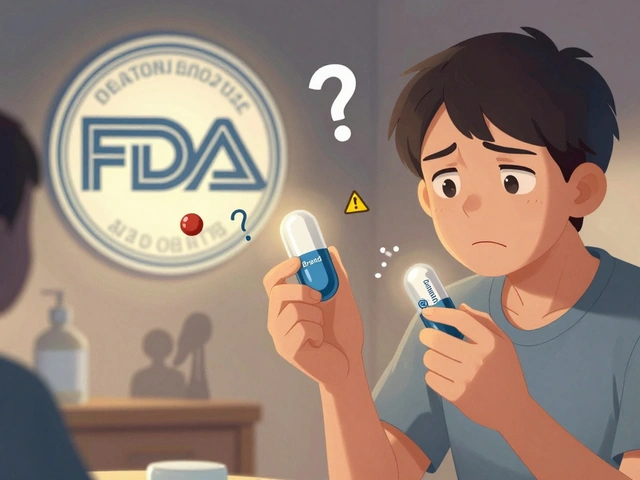Vitamin C: What You Need to Know – Benefits, Dosage & Food Sources
If you’ve ever heard someone rave about orange juice in the morning, it’s not just hype. Vitamin C is one of the most talked‑about nutrients because it actually does a lot for your body. From keeping colds at bay to helping your skin stay firm, this tiny molecule packs a punch.
First off, vitamin C (also called ascorbic acid) is water‑soluble, which means your body can’t store large amounts. You need to get it regularly from food or supplements. The good news? It’s found in plenty of tasty options that don’t require you to chug a gallon of juice.
Top Food Sources of Vitamin C
When you’re planning meals, reach for fruits and veggies with bright colors. Here are the quickest picks:
- Citrus fruits – oranges, grapefruits, lemons. One medium orange gives about 70 mg.
- Bell peppers – especially red ones; a half‑cup can deliver over 100 mg.
- Kiwi – just one fruit tops the daily recommendation.
- Strawberries – a cup provides roughly 90 mg.
- Broccoli and Brussels sprouts – cook them lightly to keep most of the vitamin.
If you’re short on fresh produce, frozen versions work fine. The freezing process locks in the nutrient, so a quick microwave bag can be just as effective.
How Much Vitamin C Should You Take?
The Recommended Dietary Allowance (RDA) for most adults sits at 90 mg per day for men and 75 mg for women. Smokers need an extra 35 mg because tobacco depletes vitamin C faster.
Most people hit the RDA easily by eating a fruit or veg daily. If you prefer supplements, a typical over‑the‑counter pill contains 500–1000 mg. That’s well above what your body needs, but it’s generally safe because excess is flushed out in urine.
Watch out for mega doses (over 2000 mg) – they can cause stomach upset or kidney stones in rare cases. Stick to the label’s guidance and talk to a pharmacist if you’re unsure.
Quick tip: Take vitamin C with meals. Food slows absorption a bit, which reduces the chance of an upset stomach.
Now, why bother at all? Here are the three biggest benefits most people notice.
Why Vitamin C Matters
1. Immune boost: Vitamin C supports white blood cells that fight infections. While it won’t stop a cold from happening, regular intake can shorten its duration.
2. Collagen production: This nutrient is essential for building collagen, the protein that keeps skin elastic and joints lubricated. That’s why many anti‑aging creams list vitamin C as an ingredient.
3. Antioxidant power: It helps neutralize free radicals – unstable molecules that can damage cells over time. By reducing oxidative stress, vitamin C contributes to heart health and may lower chronic disease risk.
If you’re already taking a multivitamin, check the label; many contain 60–100 mg of vitamin C, which is enough for daily maintenance.
Lastly, consider timing if you use high‑dose supplements for specific reasons (like after surgery or intense training). Split the dose into two smaller servings to improve absorption and keep your stomach happy.
Bottom line: a handful of citrus fruit, a cup of berries, or a side of bright peppers can easily cover your vitamin C needs. Pair that with occasional supplements if you’re on the go, and you’ll have a solid foundation for immunity, skin health, and overall vitality.

Why Lime Should Be Your Daily Supplement for Optimal Health (Science-Backed Guide)
Science-backed reasons to make lime your daily supplement: vitamin C, heart and skin support, kidney stone prevention, safe doses, easy ways to use it, and real cautions.
Detail




